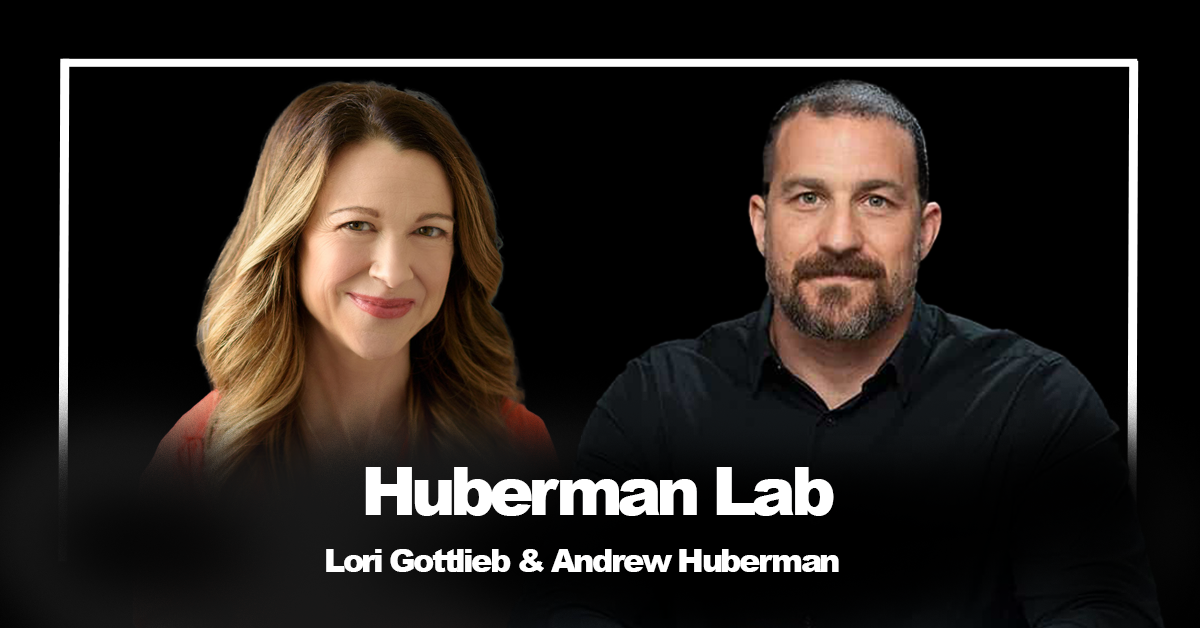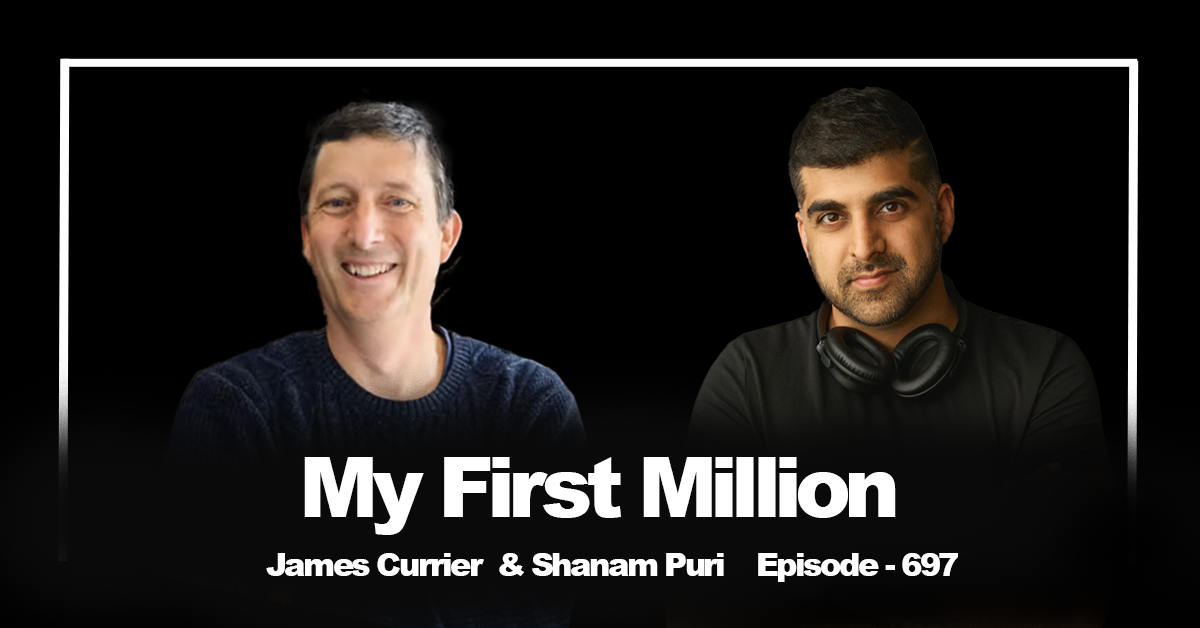This week on the Huberman Lab podcast, Dr. Andrew Huberman sits down with Lori Gottlieb, a renowned psychotherapist and best-selling author, known for her profound insights into the complexities of human connection. This episode is a deep dive into finding relationships, navigating them effectively, understanding when and how to leave them, grieving loss, and ultimately, how to renew ourselves.
Lori offers a unique perspective, emphasizing the importance of looking inward at the stories we tell ourselves about ourselves and others. She reveals how our feelings are powerful guides, how communication (and its modern challenges via text and tech) shapes everything, and why embracing our agency is key to vitality. Crucially, she explores why so many of us get stuck, unable to move forward because the familiarity of our current situation, however uncomfortable, feels safer than the uncertainty of change.
Here are the detailed key insights and takeaways:
1. Feelings Are Your Compass (But Listen Carefully)
- Beyond Words: Some people process life more through “feels” than explicit narratives. Therapy often involves helping people connect words to those feelings.
- Don’t Be Talked Out of Feelings: Parents (and partners) often try to dismiss or “fix” negative emotions out of their own discomfort. The goal should be presence and validation (“Tell me more”) rather than immediate solutions.
- Feelings as Information: All feelings, even difficult ones like anger, sadness, or anxiety, provide valuable information about our needs, boundaries, or internal state. The goal isn’t to get rid of the feeling, but to understand its message and respond productively (self-regulation).
2. The Dance of Relationships: Familiarity, Friction & Unfinished Business
- Marrying Unfinished Business: We often unconsciously seek partners who mirror dynamics from our childhood, especially with parents who hurt us, in an attempt to “master” the situation and finally “win” the love or validation we craved. This “radar” for the familiar but painful often leads us into repetitive, unhealthy patterns.
- Familiarity vs. Healthy: What feels comfortable isn’t always what’s good for us. The “spark” or intense initial excitement can sometimes signal volatility or anxiety mimicking past trauma, while calmer, more stable connections might initially feel “boring” or lack “chemistry” because they’re unfamiliar.
- The Frictionless Myth: Reliable, consistent partners who “do what they say they’ll do” can feel threatening to those accustomed to emotional volatility because there’s no “friction” or drama to react against. Learning to appreciate peace takes practice.
- Cherophobia (Fear of Joy): Some people sabotage good things because positive feelings trigger anxiety that “the other shoe will drop,” a pattern often learned in unpredictable childhoods. Creating bad situations feels paradoxically safer than risking the potential crash after happiness.
3. Self-Regulation vs. Co-Regulation
- Self-Regulation: The ability to manage your own internal state (e.g., calming anger, processing sadness) without resorting to destructive behaviors or needing someone else to fix it for you.
- Co-Regulation: How partners (or parents/children) mutually influence each other’s emotional states. A regulated partner can help soothe a dysregulated one simply by being present and calm. The goal is to have at least one “adult in the room” emotionally.
- Taking Pauses: When both partners are dysregulated, pausing the interaction (“Let’s talk in an hour”) until at least one person can self-regulate is crucial for productive communication.
4. Communication: Intentionality Over Evacuation
- Projective Identification: Unloading your uncomfortable feelings onto someone else (making them angry/anxious so you feel better) is destructive. It’s like tossing a “hot potato” of emotion.
- Filters Are Healthy: Constantly sharing every unfiltered thought or feeling isn’t healthy communication. Consider: Is it kind? Is it true? Is it useful? How will this land on the other person?
- Texting vs. Talking: Important or difficult conversations lose crucial context (tone, body language, real-time presence) via text, leading to misunderstandings and inefficient “repairs.” Face-to-face (or at least voice) is better for navigating complexity.
- Curiosity Over Blame: Approach conflicts with curiosity about the other person’s experience (“What happened back there?”) rather than assumptions and blame (“You did this because…”).
5. Change is a Process (Not Just an Event)
- Stages of Change: Understanding the stages (pre-contemplation, contemplation, preparation, action, maintenance) helps us be patient with ourselves and others. Change rarely happens overnight.
- Maintenance & Self-Compassion: Maintenance involves navigating slip-ups. Instead of self-flagellation (“I failed, I’m so weak”), practice self-compassion combined with accountability (“Okay, that happened. What can I do differently next time?”).
- Small, Manageable Steps: Big leaps often lead to failure. Break down desired changes into smaller, achievable actions.
6. Embracing Vitality & Facing Mortality
- Vitality, Not Happiness: Lori suggests the opposite of depression isn’t happiness, but vitality – the energy and aliveness that comes from engaging meaningfully with life.
- Death Awareness Motivates: Acknowledging our limited time (death awareness) isn’t morbid; it fuels intentionality and helps us prioritize living fully now, rather than denying death and regretting a life unlived later (integrity vs. despair).
- Energize vs. Activate: Pay attention to what truly energizes you (leaves you feeling fuller) versus what merely activates you (often leaving you drained, like stress or mindless scrolling – the “most effective non-prescription painkiller”).
- Numbness Isn’t Absence: Feeling “numb” is often a sign of being overwhelmed by too many feelings, not an absence of them. It’s a shutdown state.
7. Finding Agency & Rewriting Your Story
- Unreliable Narrators: We all tell stories about our lives through our own subjective lens. Therapy often involves editing these “faulty narratives” to recognize counter-evidence and create more expansive, empowering versions.
- Choice & Responsibility: Even in difficult circumstances, we have agency in how we respond. Shifting from a victim mindset (“Things happen to me”) to one of agency (“I choose how to react”) is crucial.
- Gut Feeling vs. Quiet Voice: Your “gut” reaction is often the pre-programmed, familiar (potentially unhelpful) response. Learn to listen for the quieter, wiser inner voice that requires space and reflection (“digging out the new road”). Sometimes, the “safest” path is taking the uncomfortable risk toward growth.
Final Thought:
Lori Gottlieb masterfully blends clinical wisdom with relatable humanity. Her insights encourage us to become more curious about our inner worlds, take responsibility for our choices, communicate with greater intention, and ultimately, embrace the vitality available in the present moment by accepting both our limitations and our profound capacity for growth and connection.
Want to learn more? Find Lori Gottlieb’s books (Maybe You Should Talk to Someone, Marry Him), her workbook, and her “Dear Therapist” column at LoriGottlieb.com.
Until next time,
The Podcast Notes Team





